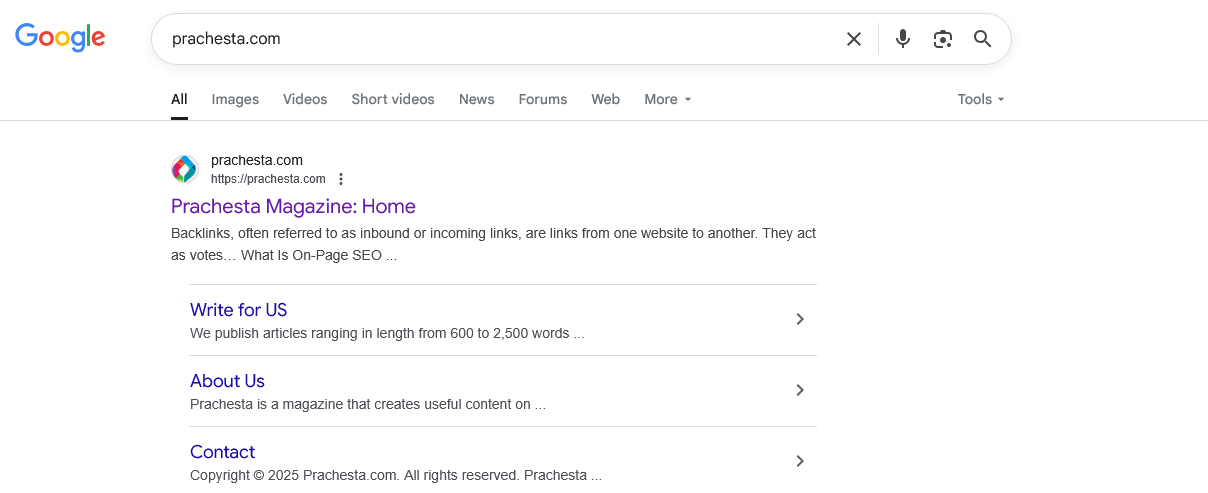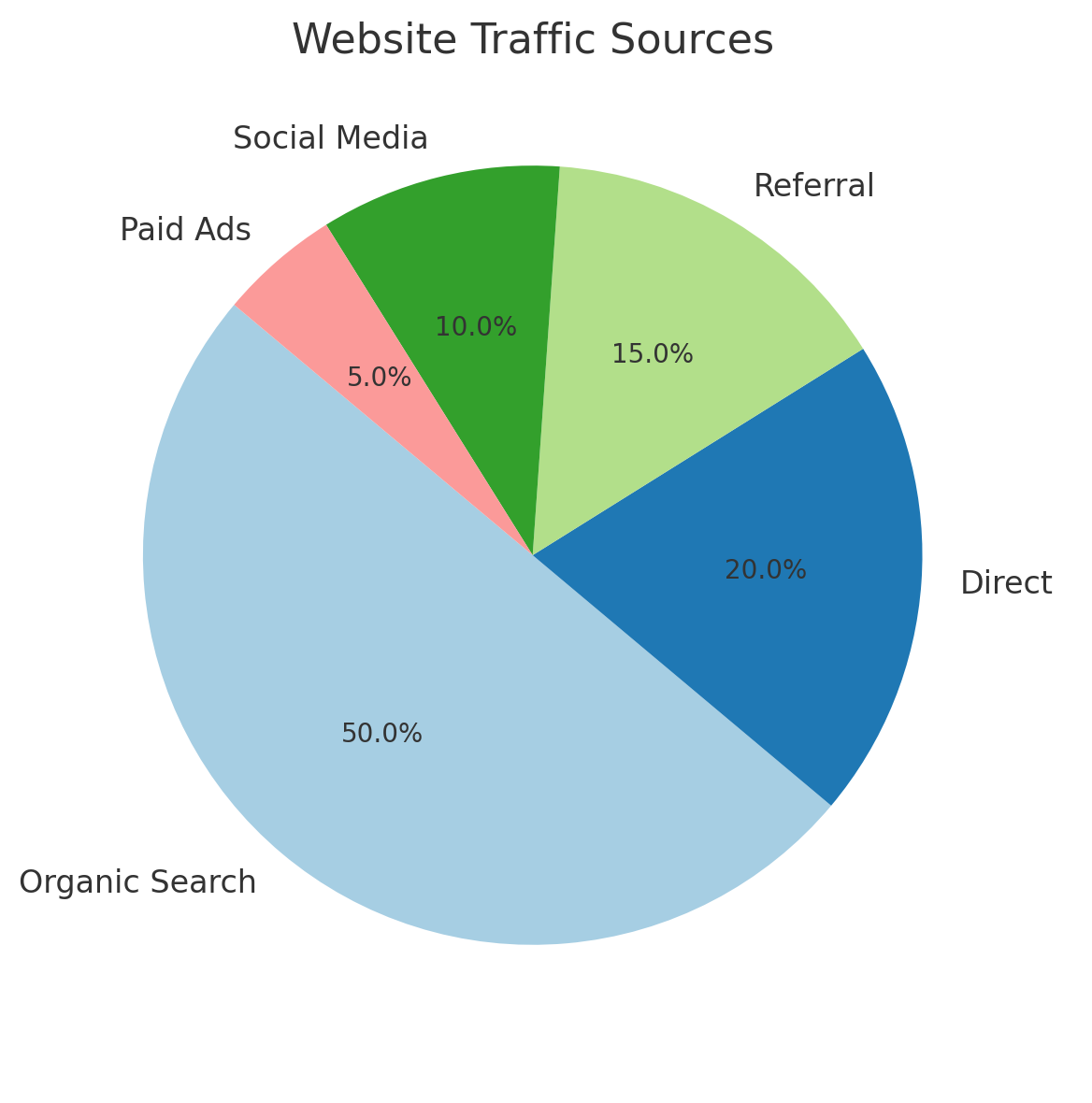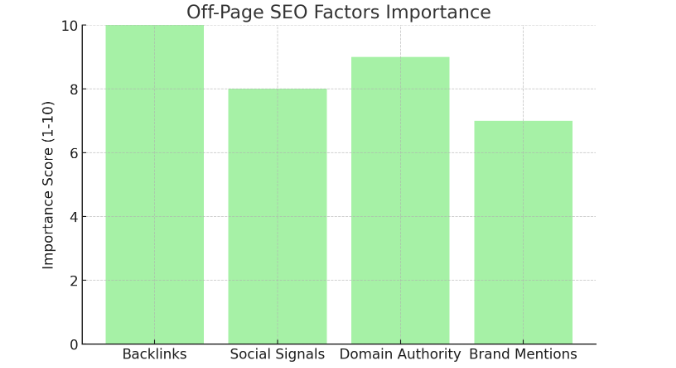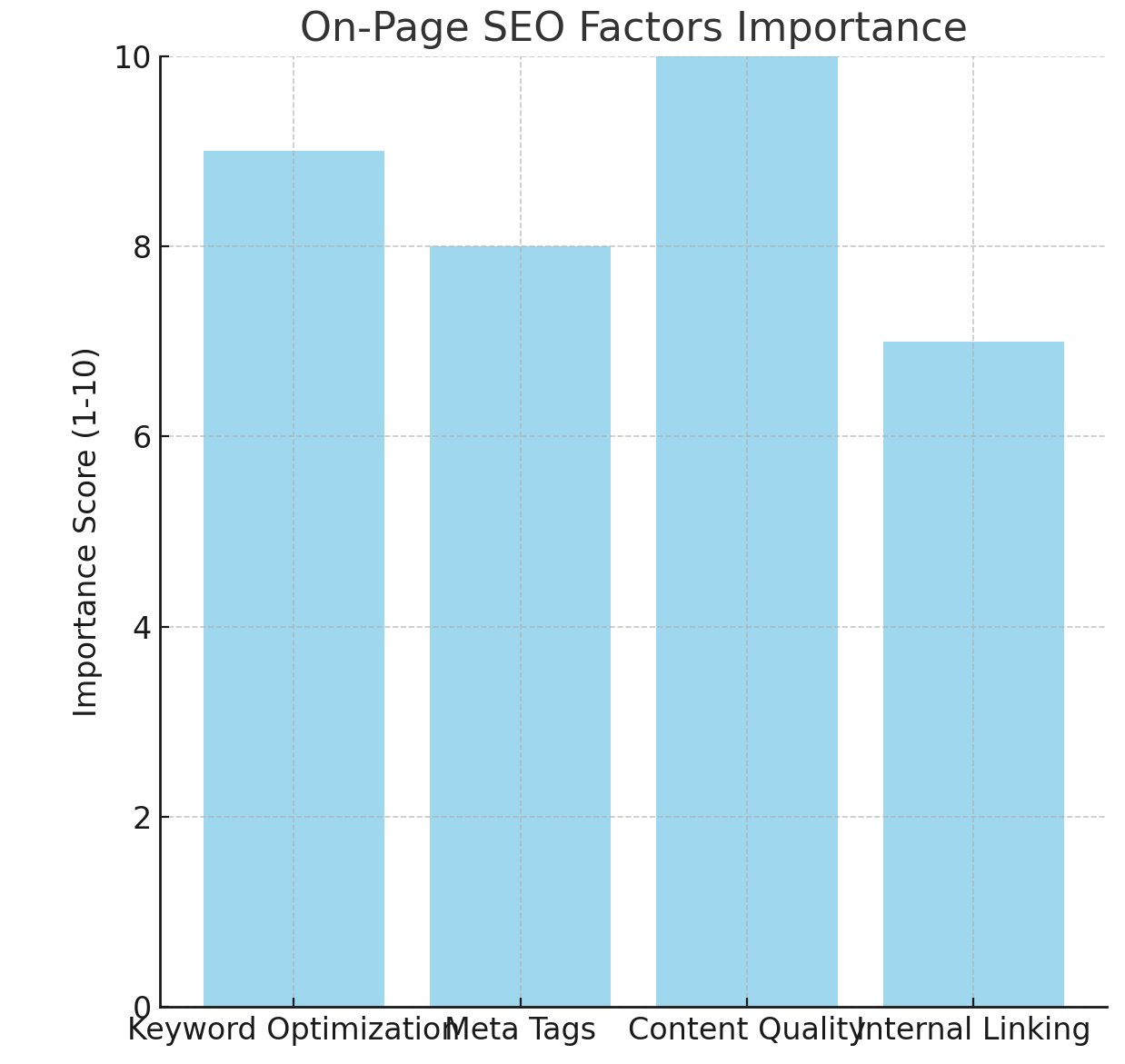Have you ever wondered what SEO is and how it works? Search Engine Optimization (SEO) is an ongoing effort that focuses on improving your website’s content, performance, accessibility, user experiences, and other technical aspects. By using a strong SEO strategy, you can increase your site’s visibility, build trust with your audience, and attract quality traffic that is more likely to become customers. As search engine algorithms develop, businesses that prioritize SEO gain an edge with consistent growth in website traffic and conversion rates.
In this blog, we will explore what SEO is, how it works, and why it is important in your marketing strategy.
What is SEO?
The term “SEO” stands for “Search Engine Optimization.” It is the practice of optimizing a website’s content according to Content policies for Google and other search engines so that it ranks higher in search engines. Search Engine Optimization (SEO) is the process of enhancing your website’s visibility in search engine rankings, enabling you to attract more organic traffic. SEO involves several strategic steps, such as keyword research, content creation, and authority building, all designed to attract visitors by offering valuable, relevant content.
Search engines are helpful to find information or any product, and service. Google alone handles over 3.5 billion searches per day. Therefore, it is critical for businesses to optimize their websites for search engines to stay competitive. A robust SEO strategy can help your site rank higher in search results, which directly impacts your website traffic, exposure, and ultimately, conversion rates.
For example, in the screenshot below, someone is searching for the keyword “pitch deck” and it shows the search results. In this instance, slidebean.com was ranked #1, while visme.co was ranked #2. This means slidebean.com may receive about 40-60% of the traffic since it was ranked #1, while visme.co might only get 20-30% of the traffic because it was not ranked #1. I think this should help you understand SEO ranking factors better.

How SEO Boosts a Website’s Success?
Search Engine Optimization (SEO) plays a crucial role in determining how well a website performs. Whether you’re running an e-commerce platform, a blog, or a service-based business, SEO can significantly impact your success by enhancing your site’s visibility, attracting high-quality traffic, and improving conversion rates.
Here’s a breakdown of how SEO can help transform your website:
1. Greater Visibility
SEO strategies are designed to enhance your website’s visibility in search engine results (for example: Fig. 2, shows search engine visibility of Prachesta.com). Better visibility in search engine can make it easier for potential customers to find you. With over 90% of online activities starting with a search engine, being discoverable is vital for attracting users. However, achieving this visibility can be complicated, especially for businesses with limited resources.

Your website’s design and content quality play pivotal roles in determining the success of your SEO efforts. A key element in improving visibility is optimizing on-page elements such as well-researched keywords, meta tags, and structured content. These enhancements help search engines like Google understand your content, boosting your chances of ranking higher for relevant searches.
2. Increased Quality Traffic
When your SEO strategies are implemented effectively, you not only increase the volume of traffic to your site but also the quality of that traffic. The goal of SEO is to bring in relevant, qualified visitors who are genuinely interested in what you offer. This is achieved through the use of targeted keywords and content that answers the questions or solves the problems of your audience.
According to a report from BrightEdge, 68% of all online experiences start with a search engine. Organic search generates more than 53% of total site traffic. This means that a well-optimized site is much more likely to draw in visitors who will engage with your content or make a purchase. This is different from the broader audience usually attracted through paid ads or social media.
3. Increased Conversion Rates
One of the biggest benefits of SEO is its ability to attract organic traffic, visitors who find your site through unpaid search results. This type of traffic often converts at higher rates than traffic from sources like social media or paid ads. Inbound leads generated through SEO cost 60% less than outbound leads. Additionally, these visitors are much more likely to make a purchase.

Organic search users are usually further along in the buyer’s journey. They actively look for solutions or products that fit what your business provides. This makes them more likely to convert. By improving your SEO strategies, you not only increase your website’s visibility but also attract visitors who are more likely to make a purchase, which boosts your ROI and overall growth.
How Does SEO Work?
SEO is essential to digital marketing, and it has changed a lot in the past 15 years. To get a website to rank at the top of search engine results pages (SERPs), you need to use two main strategies: on-page SEO and off-page SEO.. These methods work together, making your site friendly for search engines and appealing to users.
1. How does On-Page SEO Work?
2. How does Off-Page SEO Work?
Off-page SEO includes actions taken outside your website to boost its ranking. The main goal of off-page SEO is link building. This shows search engines that your website is trusted and authoritative. Here’s how it works:
- Backlinks: High-quality backlinks from trusted websites serve as votes of confidence for your content. These links inform search engines that your site is reliable and deserves a higher ranking in search results.
- Social Proof and Shares: Off-page SEO also includes building relationships with influencers and reputable sites. Sharing your content on social media and getting mentioned on other platforms increases your site’s visibility and trustworthiness, which indirectly improves your rankings.
- Guest Posting and Partnerships: Building relationships with other bloggers and businesses can help you create guest posts or collaborations. This can lead to more chances for backlinks, which is important for growing your digital presence.

Link building isn’t just about getting any link; the quality of the links matters. Search engines use these links to determine how authoritative and relevant your content is in relation to others in your niche.
The Evolution of SEO
SEO has changed a lot since the early days of search engines. In the beginning, these engines used simple keywords to link search queries with web pages. Over time, search engine algorithms have become more complex. Today, Google’s algorithm considers more than 200 ranking factors to find the most relevant results for a search query.
One of the major advancements in recent years is the ability of search engines to use AI-powered algorithms, like Google’s RankBrain, to interpret user intent behind search queries. This means that modern SEO not only centers on specific keywords but also emphasizes content relevance and user experience.
Why SEO is Crucial for Website Success?
You have now learned how SEO works. SEO is not just about using the right keywords in your content; it’s about providing value to users and meeting the standards that search engines use to rank websites. Here’s how SEO benefits your business:
- Improved Website Traffic: By optimizing your website for search engines, you raise the chances of showing up in relevant search results. This brings more traffic to your site. Research shows that 75% of users never scroll past the first page of search results. So, the higher your site ranks, the more clicks it is likely to receive.
- Enhanced User Experience Good SEO practices also make the user experience on your website better. For example, making your site mobile-friendly, improving page load times, and creating easy-to-navigate content all help users have a more enjoyable experience. Search engines like Google reward these improvements with higher rankings.
- Increased Credibility and Authority: Building authority is a key part of SEO. Search engines prefer sites that are seen as credible and trustworthy sources of information. This is why link building, social proof, and regular content creation are essential for gaining E-A-T (Expertise, Authority, and Trustworthiness). E-A-T is an important factor in Google’s ranking algorithm.
- Higher Conversion Rates: Traffic from organic searches usually converts better than traffic from other sources. According to Moz, organic search offers 20 times more traffic opportunities than paid search on both mobile and desktop. Traffic from SEO often includes visitors who are actively seeking specific information, products, or services. This increases the chances of conversions.
If you need any help to improve the SEO rank of your website you can consult with Technosmith, the fastest-growing digital marketing company.
Conclusion
SEO is the process of making your website more visible, user-friendly, and trustworthy. Both on-page SEO and off-page SEO are essential for achieving higher search engine rankings and driving more organic traffic to your site. As search engines change, it’s important to stay updated with the latest SEO techniques. Focus on quality content, reliable backlinks, and a smooth user experience.
By combining strong on-page SEO, which focuses on content and technical elements, with smart off-page tactics like link building and social signals, businesses can improve their online visibility and gain a competitive edge in their industry.


